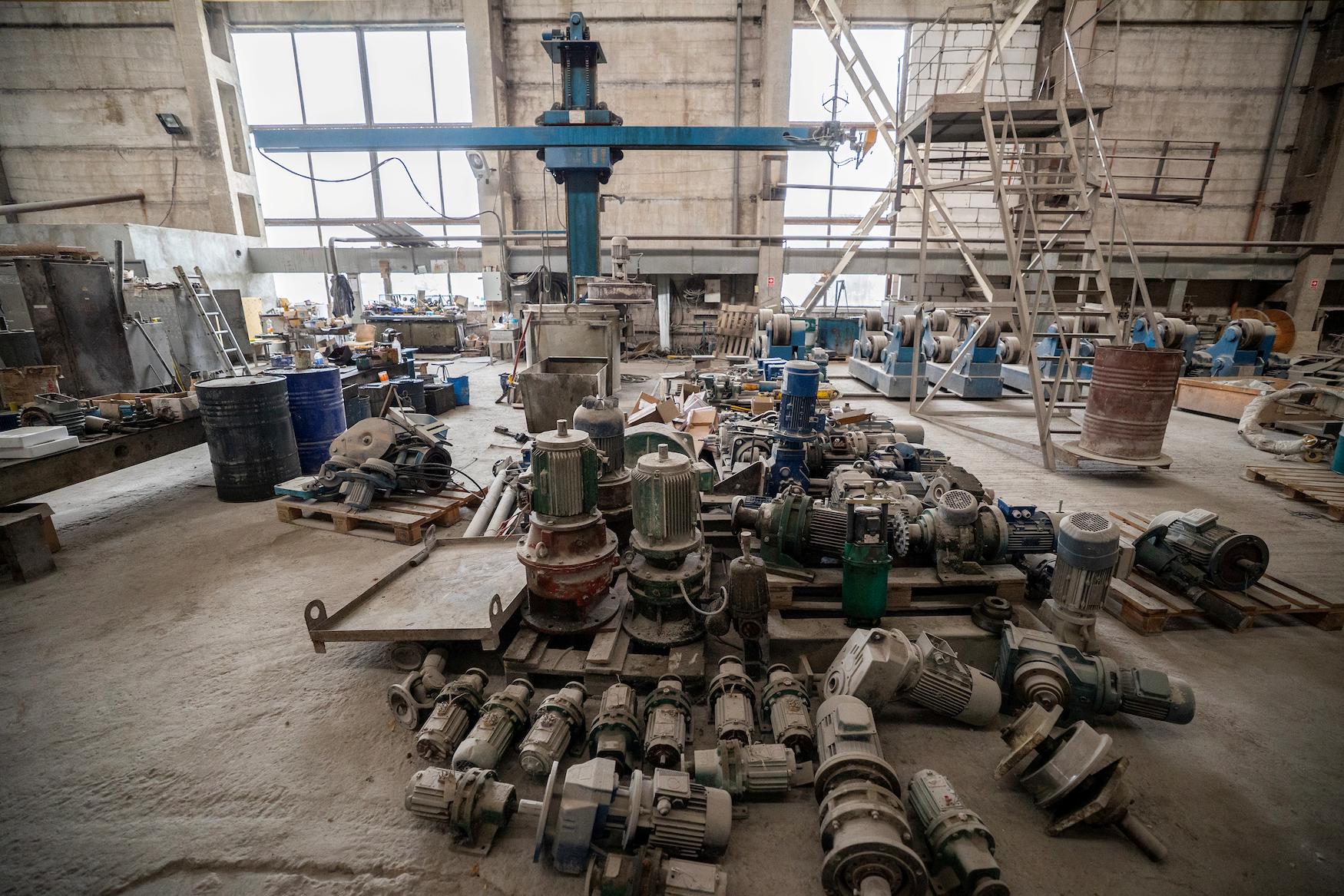You built your business from the ground up. You remember the late nights, the early mornings, and the first time you turned a real profit. No matter the type of business, whether you’re running an HVAC company, a plumbing service, a small manufacturing shop, or a distribution warehouse, your business is more than just a job—it’s your legacy.
Thinking about selling can bring up a lot of emotions. It’s the end of an era. But selling doesn’t have to mean your legacy disappears. With the right planning, you can ensure the company you built continues to thrive and that your employees and customers are taken care of long after you’ve moved on. This article will walk you through what you need to know to prepare for a sale while protecting what you’ve worked so hard to create.
Why Planning Your Exit Matters
Many founders wait too long to think about selling. They get an unexpected offer, or a health issue forces their hand, and they end up rushing through the process. When you’re rushed, you often leave money on the table and lose control over what happens to your business.
Planning ahead gives you power. It allows you to sell on your terms, at the right time, and for the right price. More importantly, it gives you a say in who takes over. You get to find a buyer who respects your company’s culture and values your team.
Think of it like this: you wouldn't build a custom part in your shop without a blueprint. Selling your business is no different. A good plan is your blueprint for a successful and satisfying exit.
Steps to Get Your Business Ready for Selling
Getting your business in shape for a buyer is about more than just a fresh coat of paint. It’s about making sure everything under the hood is running smoothly. Buyers look for stable, profitable, and well-organized companies.
1. Get Your Financials in Order
This is the most important step. You need to have clean, clear, and accurate financial records for at least the last three years. This isn’t just about your tax returns. Buyers want to see detailed profit and loss statements, balance sheets, and cash flow statements.
● Tip for HVAC/Plumbing: Separate your revenue clearly. Show how much comes from new installations, how much from service contracts, and how much from emergency repairs. A buyer loves to see recurring revenue from service agreements because it shows stability.
● Tip for Manufacturing/Distribution: Track your inventory and customer concentration carefully. If one customer makes up 50% of your sales, a buyer will see that as a risk. Try to diversify your customer base if you can.
You don’t need to be a CPA, but it’s a good idea to work with an accountant who can help you present your numbers in a way that buyers will understand and trust.
2. Strengthen Your Team
A buyer isn't just buying your equipment or your customer list; they are buying your team. A business that can run without its owner is incredibly valuable.
Start delegating more responsibility to your key managers or long-term employees. Document your processes so that someone else can easily step in and understand how things are done. For example, create a simple manual for how your dispatch system works or how a specific machine is operated and maintained.
When a buyer sees that you have a strong team in place, they see a business that will continue to succeed after you leave. This reduces their risk and increases what they are willing to pay.
3. Tidy Up Your Operations
Take a walk through your shop, warehouse, or office. Do you see old, unused equipment taking up space? Are your service vans well-maintained? Are your safety records up to date?
These details matter. A clean and organized operation shows that you run a tight ship. It gives a buyer confidence that there won't be any nasty surprises waiting for them. It also shows pride in your work, which is something every good buyer respects.
Selling your business is a financial transaction, but it’s also a personal one. You want to know that the company you poured your life into will be in good hands.
1. Find the Right Buyer
Not all buyers are the same. Some are competitors who just want to absorb your customer list and shut down your operation. Others are financial groups who may have a different way of doing things. And some are investors, like a family office, who want to buy a great business and help it grow while preserving its culture.
Be clear about what you want in a buyer. Do you want someone who will keep your company name? Do you want to ensure your long-time employees keep their jobs? Do you want the business to stay in your local community?
These are all things you can negotiate. Write down a list of what’s most important to you beyond the sale price. A good buyer will be willing to listen and work with you to make the transition a success for everyone.
2. Tell Your Story
When you talk to potential buyers, don’t just show them the numbers. Tell them your story. Explain how you got started, the challenges you overcame, and what makes your company special. Talk about your employees and the relationships you have with your customers.
Your company’s story is a huge part of its value. It helps a buyer understand the culture and the reputation you’ve built in the community. A buyer who appreciates your story is more likely to be a good steward of your legacy.
3. Plan for Your Role After the Sale
Think about what you want to do after you sell. Do you want to walk away completely? Or would you prefer to stay on for a few months, or even a year, to help with the transition?
Many deals include a transition period where the founder helps the new owner get up to speed. This can be a great way to ensure a smooth handover and introduce the new owner to your key customers and suppliers. It gives you peace of mind knowing you are leaving the business on solid footing.
Take the First Step
Thinking about selling your business is a big step. It can feel overwhelming, but you don't have to figure it all out on your own. The key is to start planning early. By getting your business ready and thinking about what you want for its future, you can achieve a successful sale that honors your hard work and secures your legacy.
If you’re a business owner in the HVAC, plumbing, manufacturing, or distribution industries and are starting to think about your future, we can help. We specialize in buying great businesses and helping them grow, while respecting the legacy of their founders. Reach out for a confidential, no-obligation conversation about how you can prepare for your next chapter.
Notice: For general educational and informational purposes only; not to be relied upon as financial, tax, or legal advice. Financial decisions carry inherent legal, tax, and other risks. Past performance is not a guarantee of future results. Use of this content creates no relationship with us and we are not liable for any losses or damages from your use of this information. ANY WARRANTIES, EXPRESS OR IMPLIED, ARE HEREBY DISCLAIMED. You use this content at your own risk.




